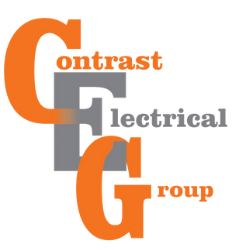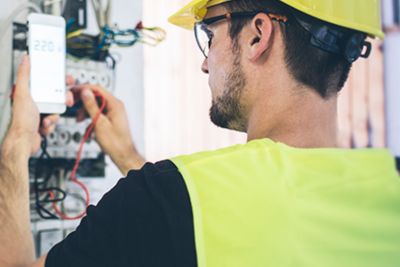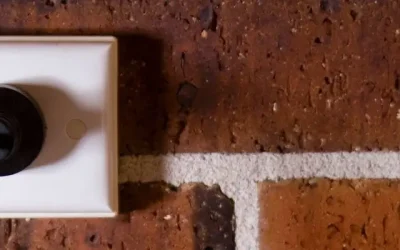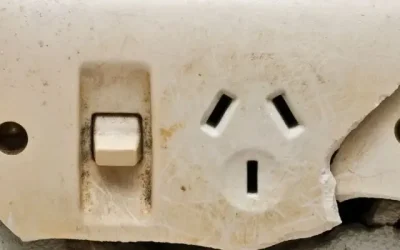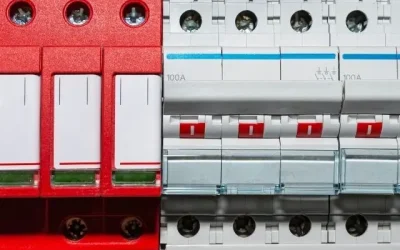Electrical safety is an essential part of running a safe and responsible workplace in Toowoomba. It helps protect employees, prevent accidents, and reduce the risk of costly disruptions or legal issues. Queensland regulations require businesses to test and tag certain types of electrical equipment regularly to confirm they’re safe to use. In this article, we’ll discuss what testing and tagging involve, who can carry them out, how often they should be done, and how they support a safer, more compliant workplace.
Understanding Queensland’s Workplace Safety Requirements
Running a business in Queensland means taking responsibility for the safety of your workplace, and that includes the condition of your electrical equipment. Under the Electrical Safety Act 2002 and the Electrical Safety Regulation 2013, employers are required to regularly inspect, test, and tag certain types of equipment to confirm they’re safe to use. These laws are in place to reduce the risk of electric shock, equipment failure, and other hazards that could put workers at risk or disrupt operations.
These requirements apply to what the legislation calls specified electrical equipment. This refers to portable devices that plug into a power source and have a current rating of 20 amps or less. Items like power tools, extension cords, and portable outlet devices fall into this category. Because they’re often moved around and used in high-traffic or industrial environments, they tend to wear out faster and are more likely to develop faults over time.
To meet the legal standard, testing and tagging must be carried out by someone who is considered competent. That means the person must have the right training, qualifications, or experience to inspect the equipment properly and safely. Whether it’s a licensed Toowoomba electrician or another suitably trained professional, choosing the right person is essential to ensure the work is done correctly and meets regulatory requirements.
Recommended Testing and Tagging Intervals
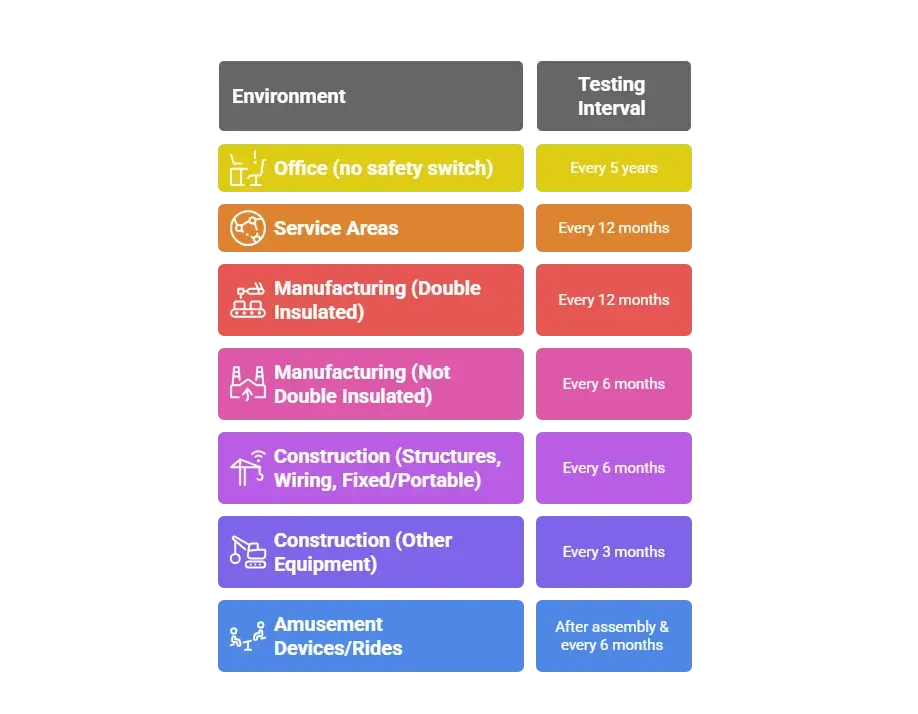
How often you need to test and tag electrical equipment depends on your work environment and how the equipment is used. The higher the risk or frequency of use, the more often testing is needed. Queensland’s Electrical Safety Regulation 2013 provides general guidelines based on industry type and equipment setup.
Here’s a breakdown of standard testing intervals:
- Office environments (no safety switch): Every 5 years
- Service areas (e.g. workshops, repair spaces): Every 12 months
- Manufacturing:
- Double insulated equipment: Every 12 months
- Not double insulated: Every 6 months
- Construction sites:
- Transportable structures, construction wiring, and fixed or portable equipment: Every 6 months
- All other electrical equipment: Every 3 months
- Amusement devices and rides: After each on-site assembly and every 6 months while in use
These are just general maximum intervals. If your equipment is connected to a safety switch that’s tested regularly, or if you’ve completed a site-specific risk assessment, the required frequency may differ. For the most accurate guidance, it’s better to speak with a licensed professional.
After testing, make sure the results are clearly communicated. Any equipment that fails must be removed from use straight away, and a durable warning tag should be attached to prevent others from using it. If the equipment passes inspection, it still needs a tag that shows the date it was tested and when the next test is due. Keeping this system in place helps maintain safety and makes compliance easier to manage.
Benefits of Compliance
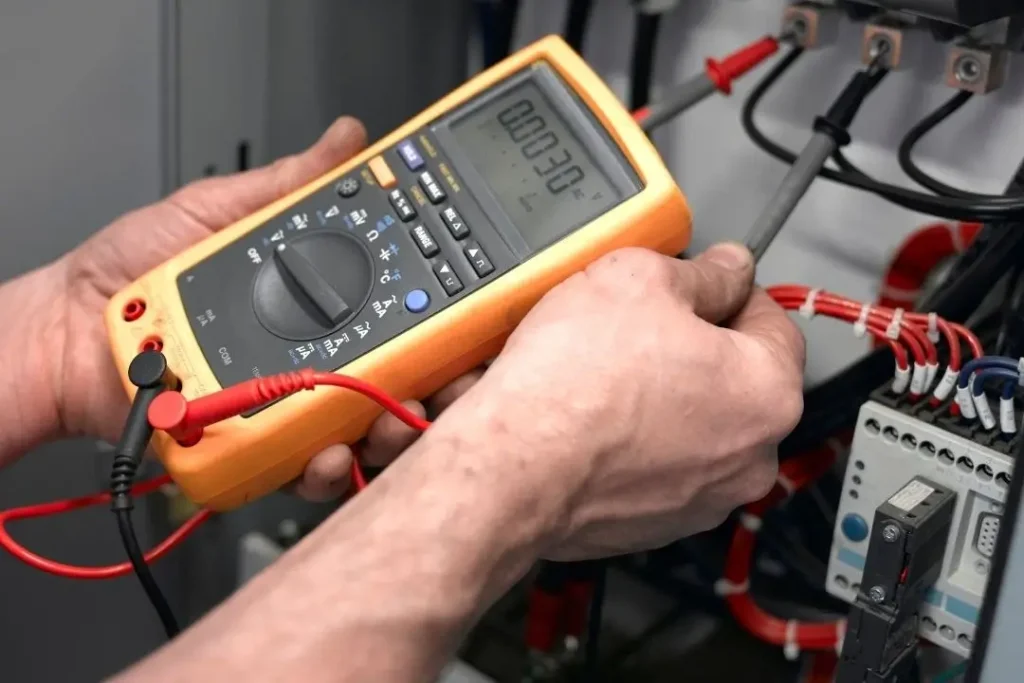
Keeping up with the testing and tagging requirements meets legal obligations and supports a safer, more reliable workplace. Here are some of the key benefits for business owners:
Improved Safety
Regular testing identifies faults before they become serious hazards. Electrical issues can cause shocks, burns, or even fires if left unchecked. By catching problems early, you reduce the risk of accidents and create a safe environment for your team.
Legal Protection
Complying with Queensland’s electrical safety laws helps you protect your business from penalties or legal actions. If an accident happens, having documented proof of routine testing shows you’ve taken the right steps to meet your obligations as an employer.
Reduced Downtime
Well-maintained equipment is less likely to break down. This means fewer interruptions to your operations and less time lost waiting for repairs or replacements. It also helps avoid costly delays that can affect your bottom line.
Better Insurance Support
Some insurance providers require evidence of regular testing and tagging as part of their claims process. By keeping up-to-date records, you make it easier to meet those requirements and reduce the risk of disputes if you ever need to lodge a claim.
Steps for Business Owners
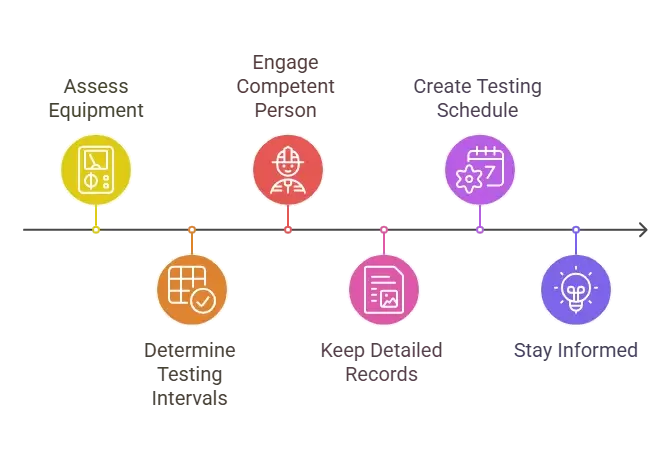
If you’re managing a business in Toowoomba, taking a proactive approach to electrical safety is essential. Here’s how to make sure your business stays compliant and protected:
1. Assess Your Equipment
Start by identifying all electrical tools, appliances, and extension cords used in your workplace. Focus on portable items, plug into a socket, and have a current rating of 20 amps or less. These are the most likely to fall under the testing and tagging requirements.
2. Determine the Right Testing Intervals
Consider the type of work environment and how often each item is used. Use Queensland’s standard guidelines as a baseline and consult a professional if you’re unsure.
3. Engage a Competent Person
Only someone with the right training and experience is legally allowed to carry out testing and tagging. This includes licensed electricians or a competent person who has undergone a nationally recognised test and tag course. Hiring professionals who offer commercial electrical services helps ensure compliance and takes the pressure off your internal team.
4. Keep Detailed Records
Maintain clear documentation of each test, including the date, result, and the person who performed it. Also, track when the next one is due. These records are useful for scheduling and show evidence of compliance if you’ve ever been audited or need to make an insurance claim.
5. Create a Testing Schedule
Develop a system that makes ongoing testing easy to manage. This could be as simple as adding reminders to your calendar or using a spreadsheet to track each item’s test history. Make sure it suits your business and includes follow-up dates for retesting.
6. Stay Informed
Electrical safety regulations can change over time. Make it a habit to check for updates from reliable sources such as WorkSafe Queensland. This helps ensure your practices stay up to date and compliant.
Keep Electrical Equipment Safe and Legal
Maintaining electrical safety in your workplace isn’t something you leave to chance. By following a clear process for testing and tagging, you’re protecting your staff, meeting legal obligations, and keeping your operations running without avoidable setbacks. Start by assessing your equipment, choosing the right testing intervals, and making sure qualified professionals carry out the work. Keeping accurate records and staying updated with any regulatory changes will help you stay ahead of potential issues and avoid costly mistakes.
If you’re unsure whether your current system meets the requirements, it’s a good time to review your setup. We can help you assess your electrical equipment, get up to date with testing and tagging, and make sure everything meets Queensland’s safety standards. Whether you need a one-off safety inspection or an ongoing testing and tagging schedule, we’re here to make compliance simple and stress-free. Call us on (07) 4646 4092 to book an assessment or get expert advice.
